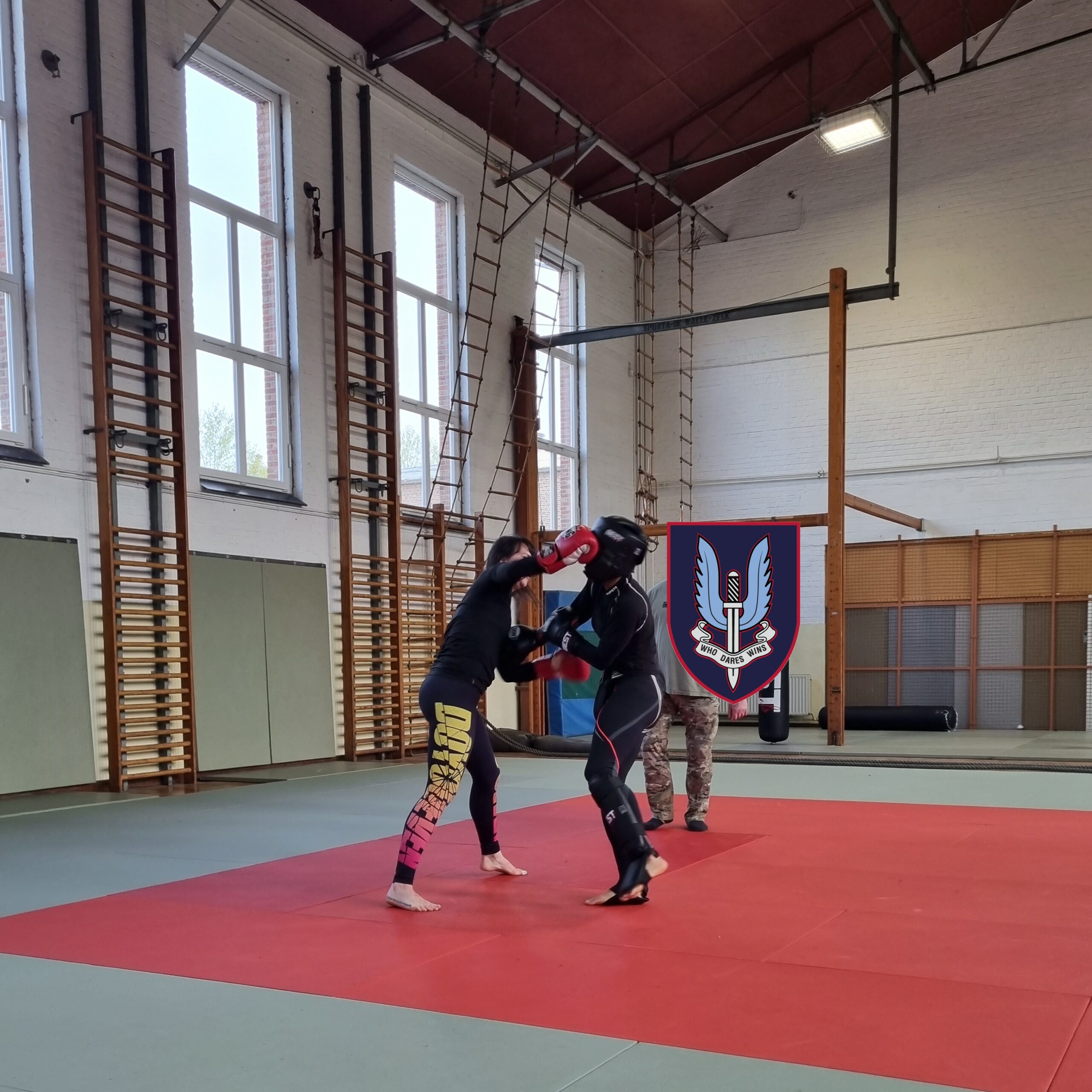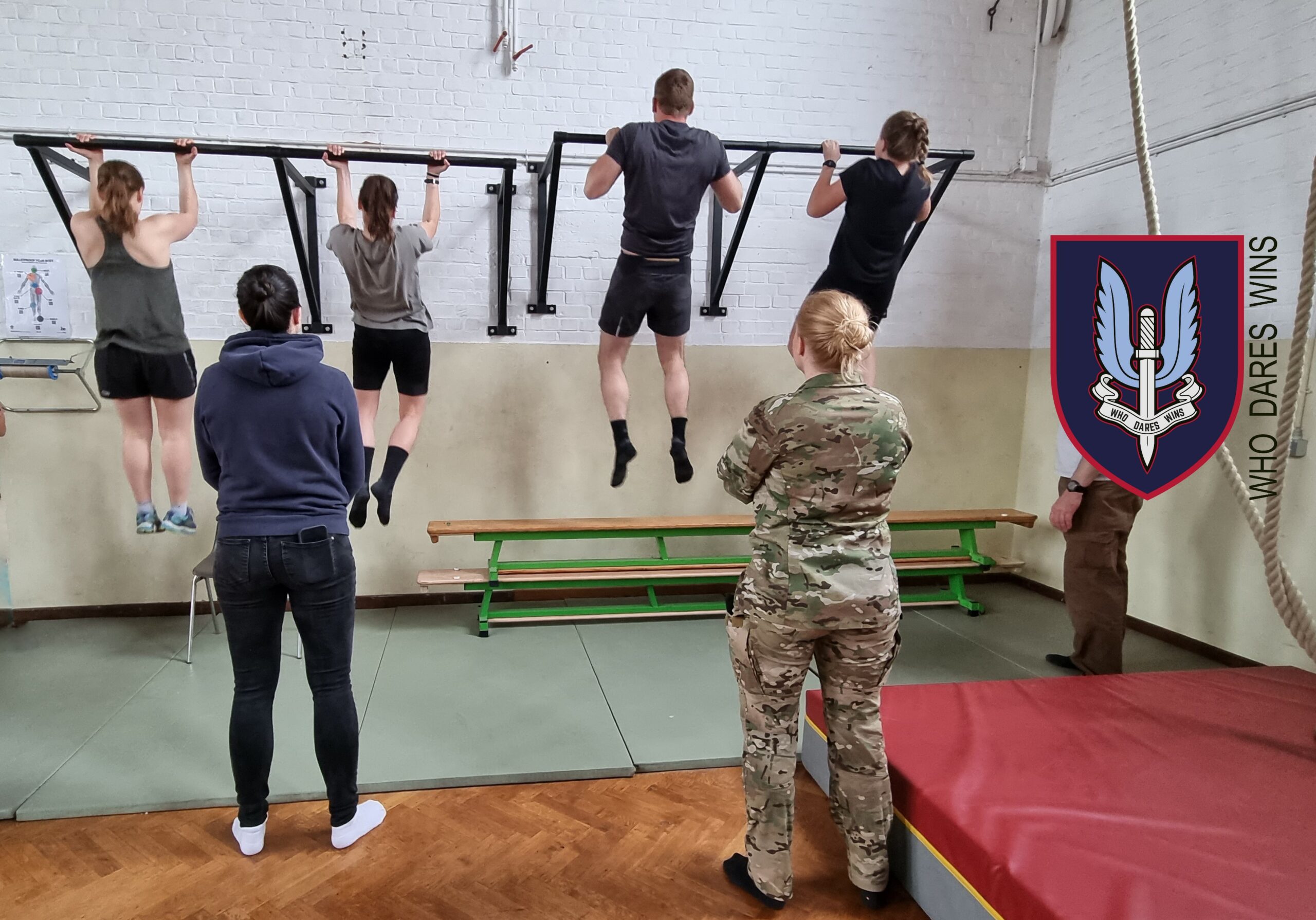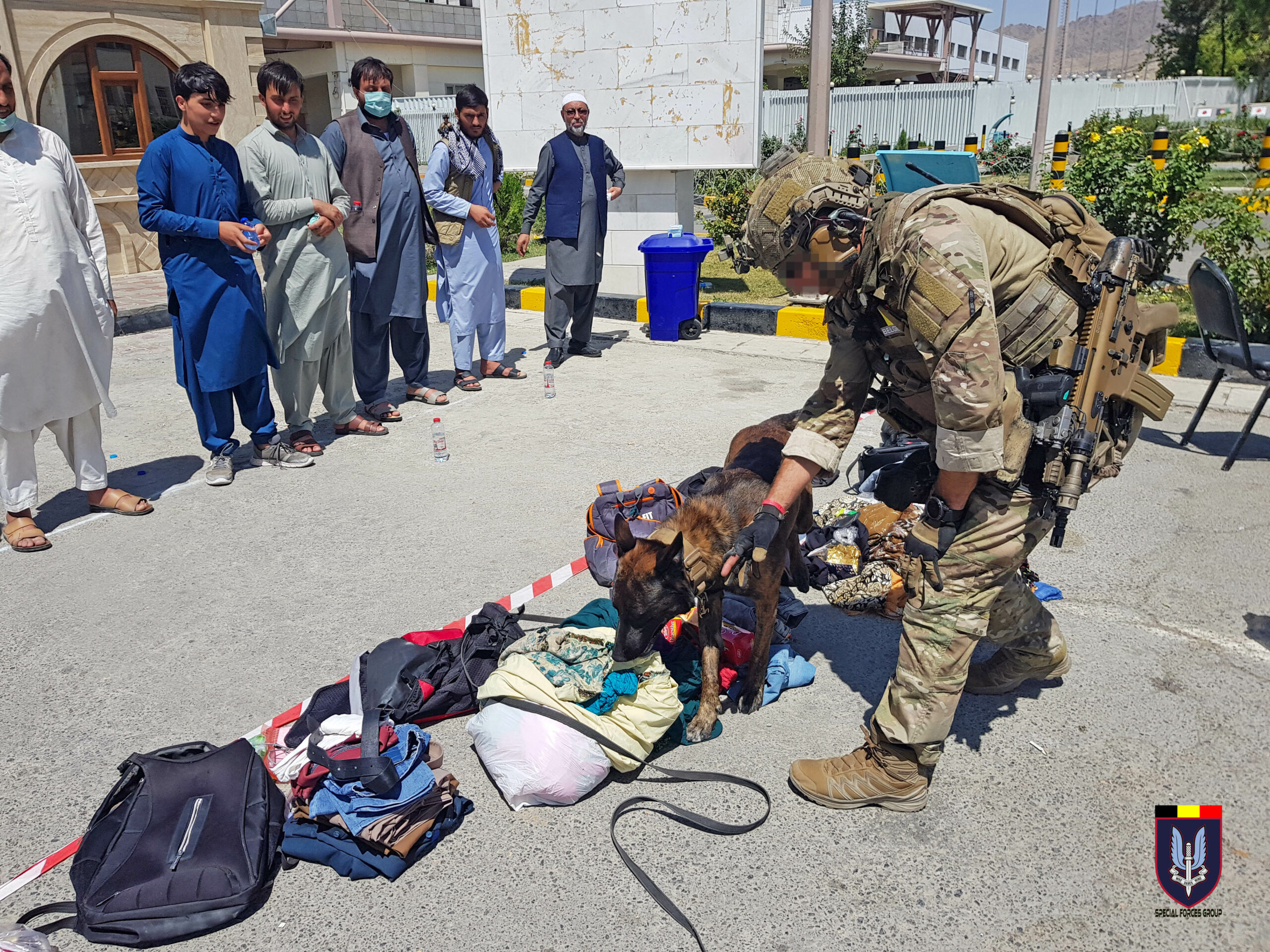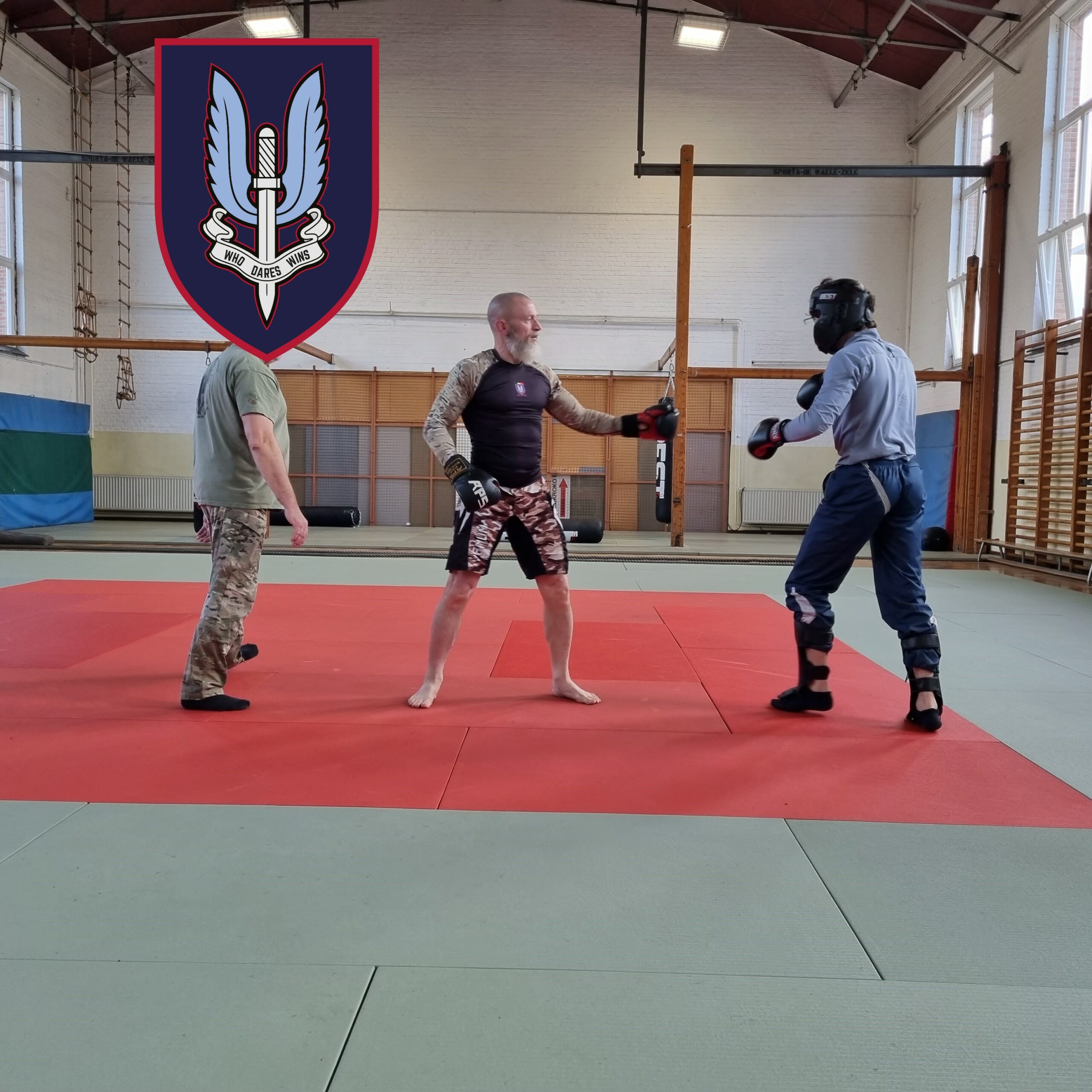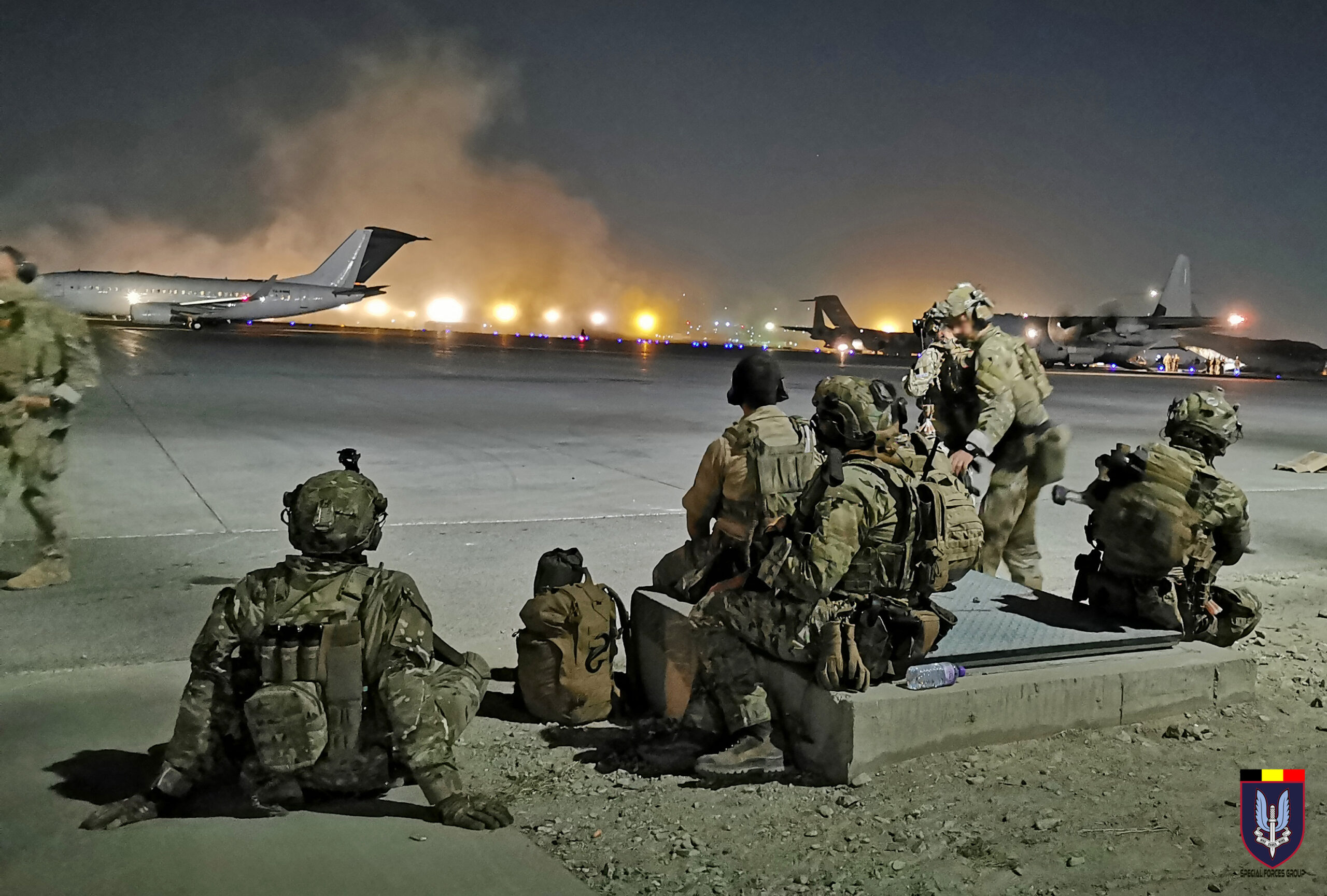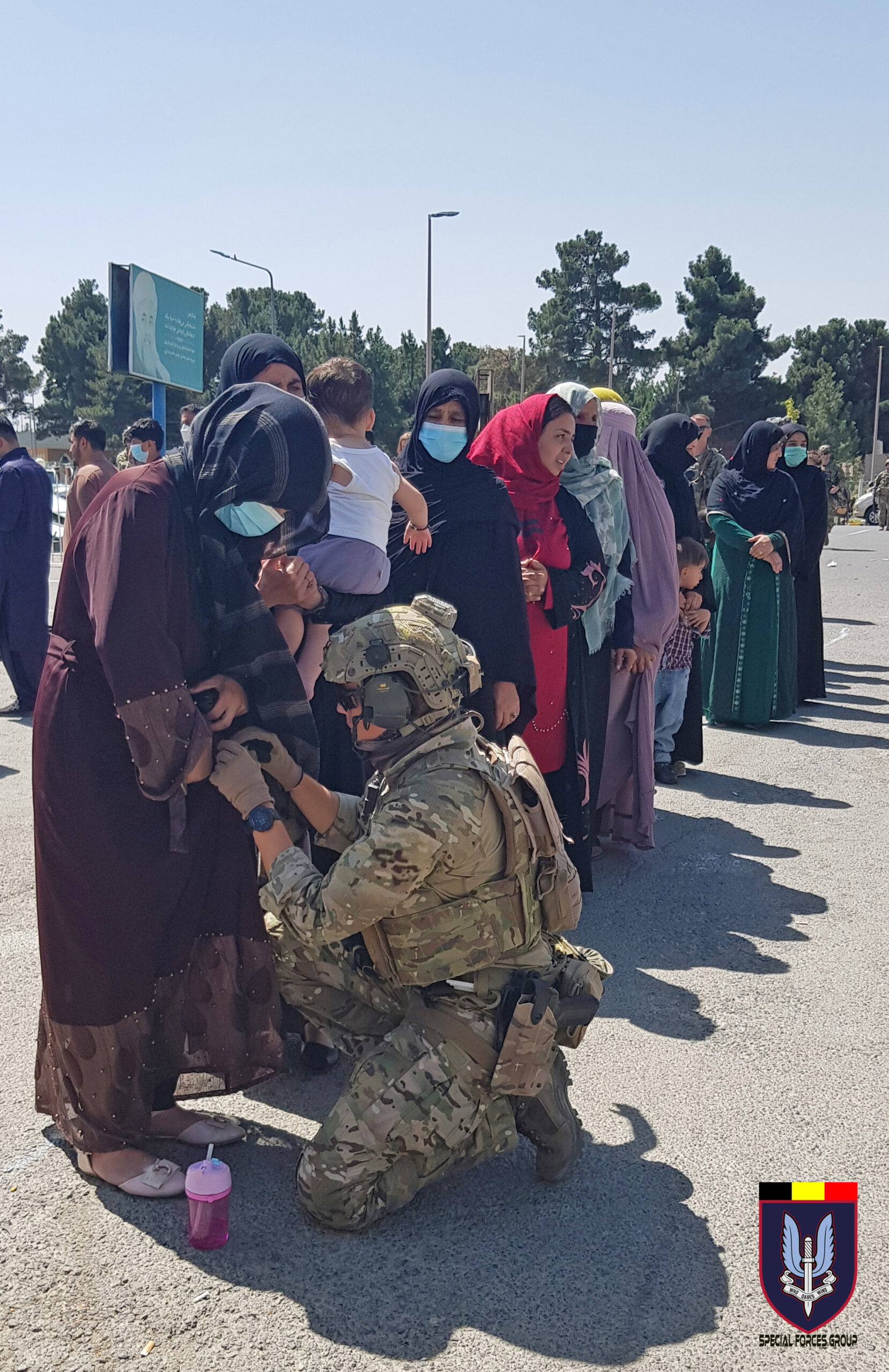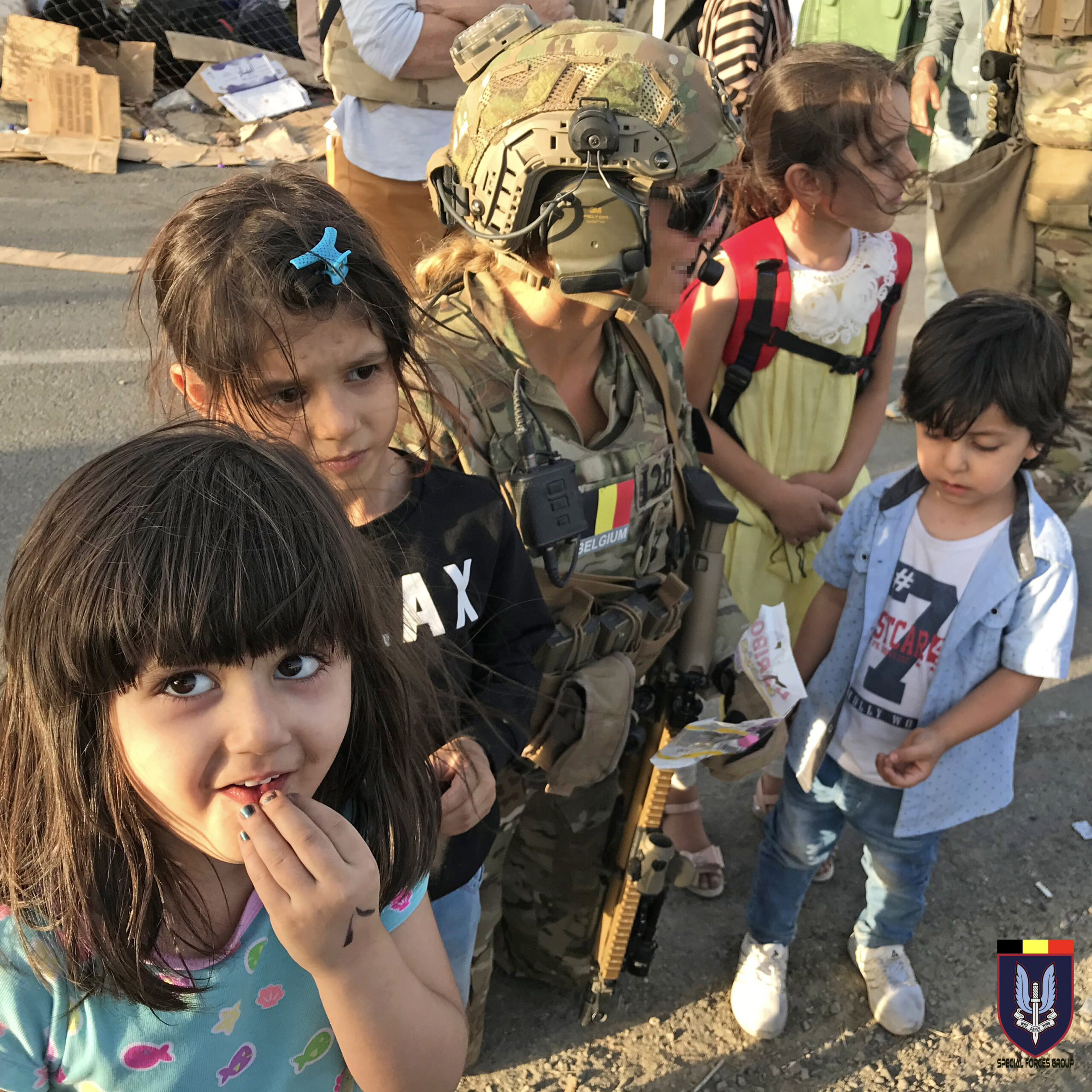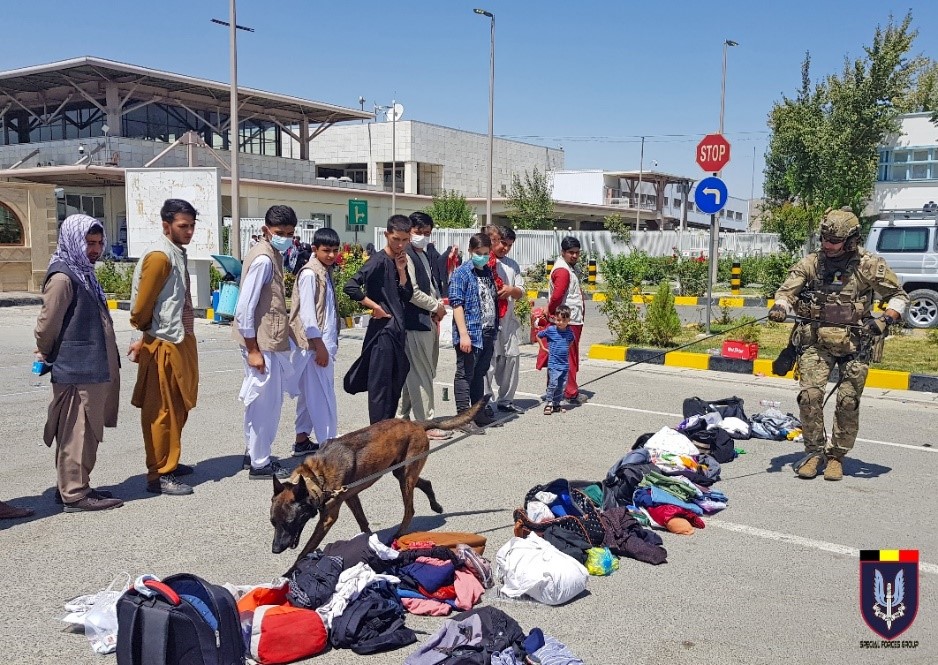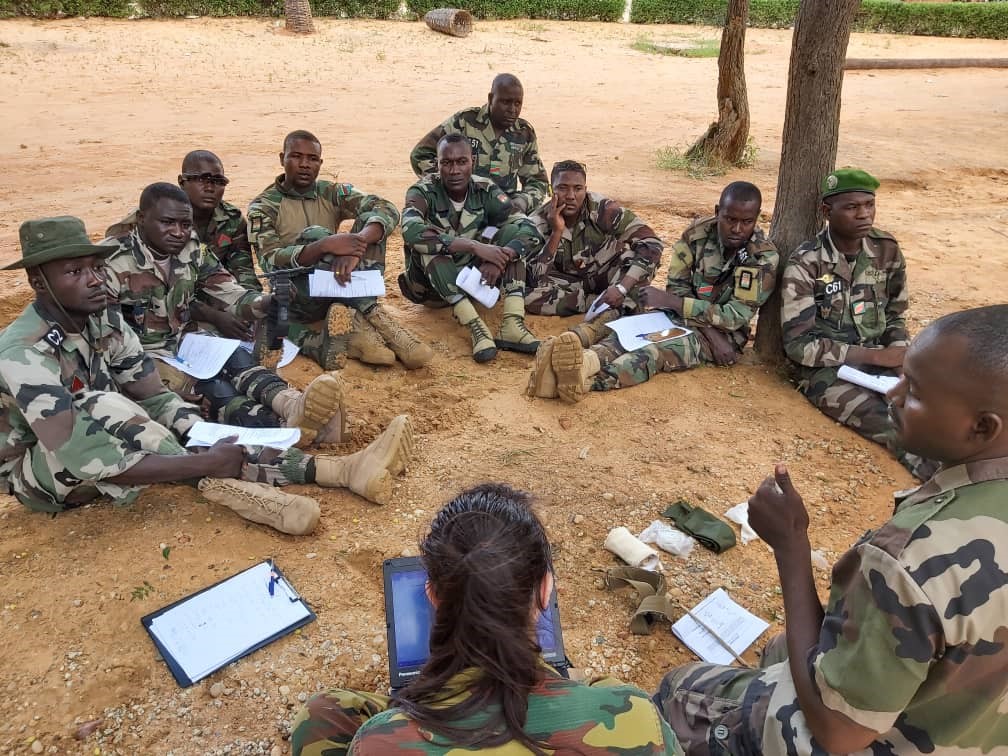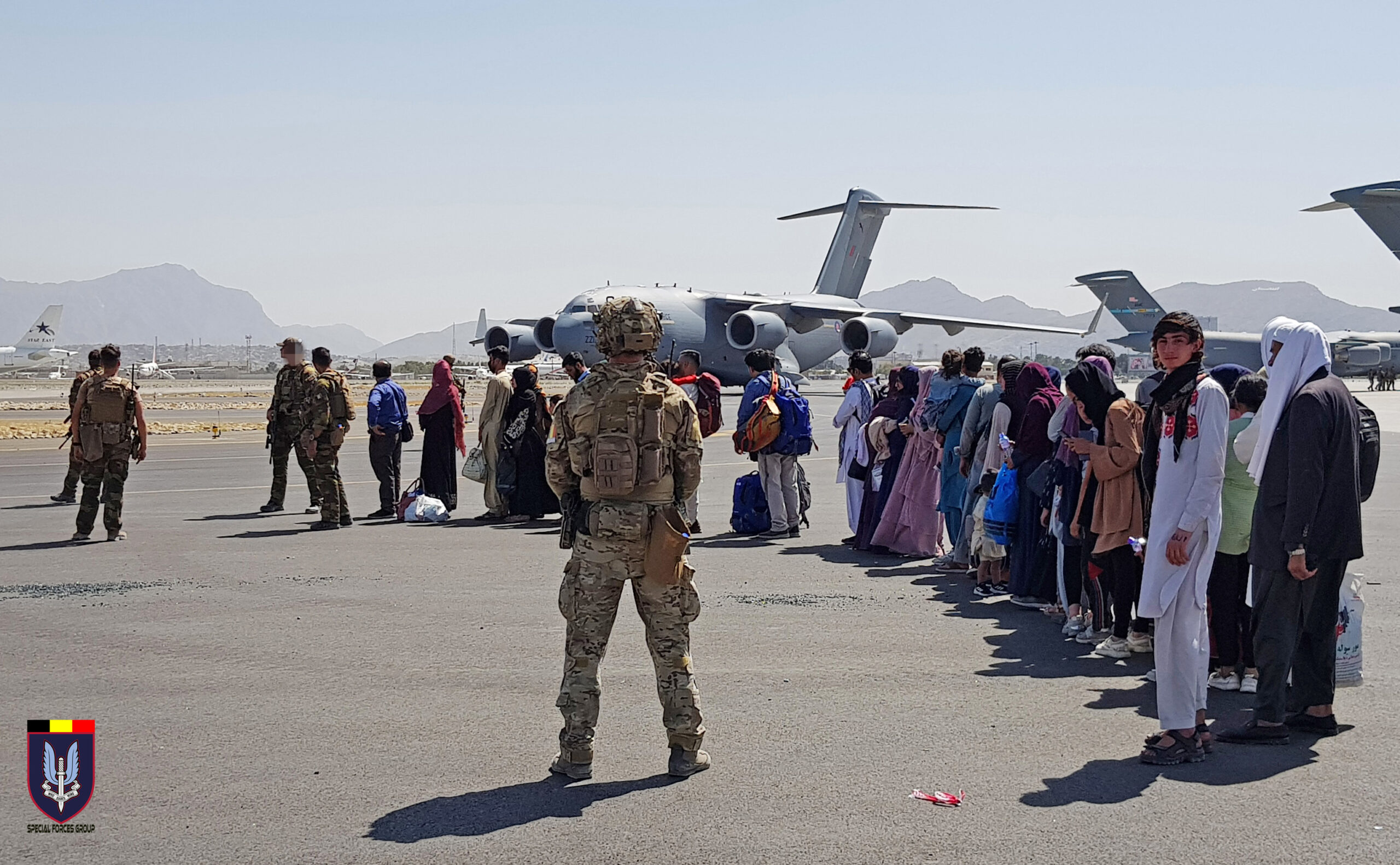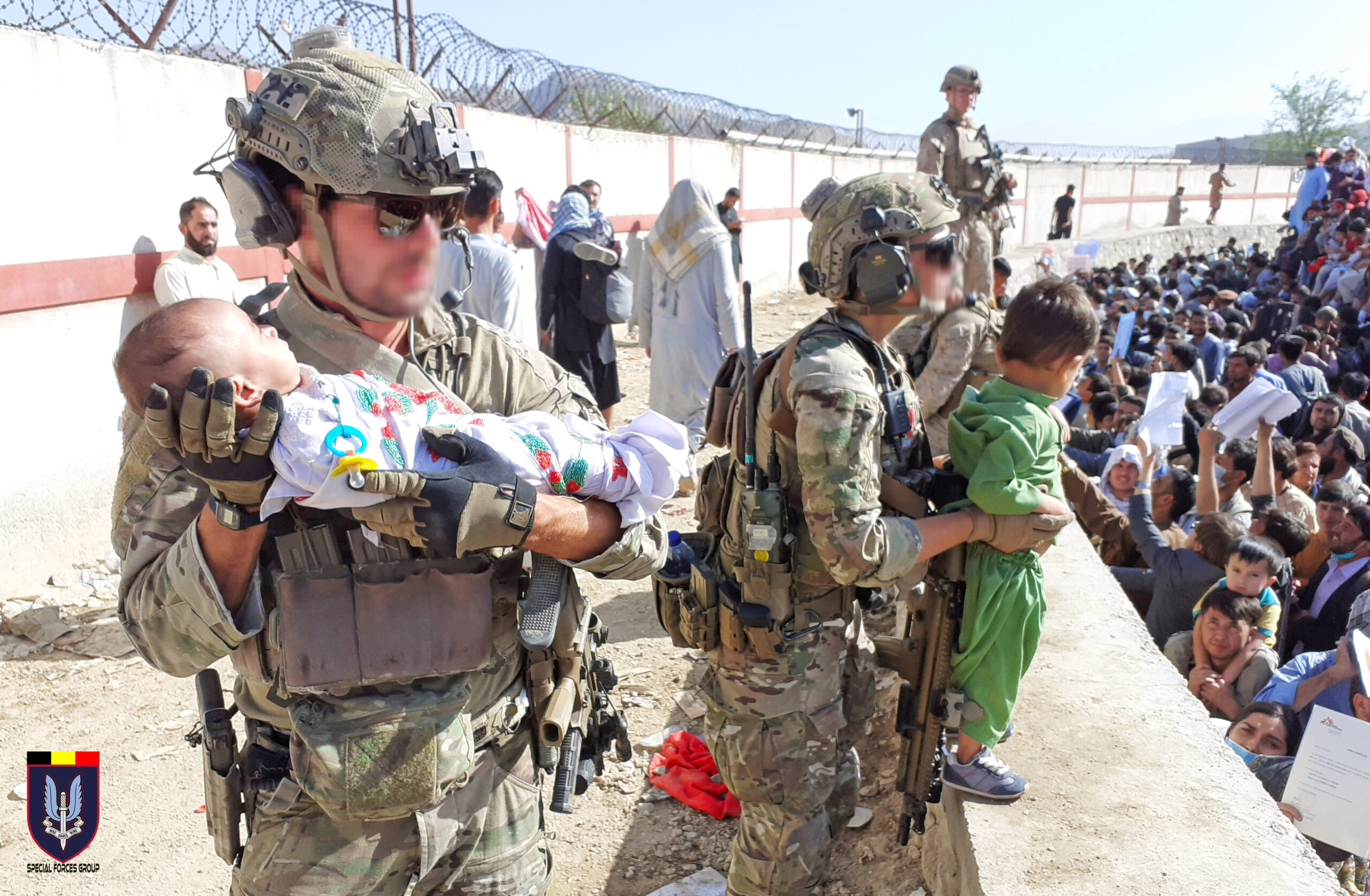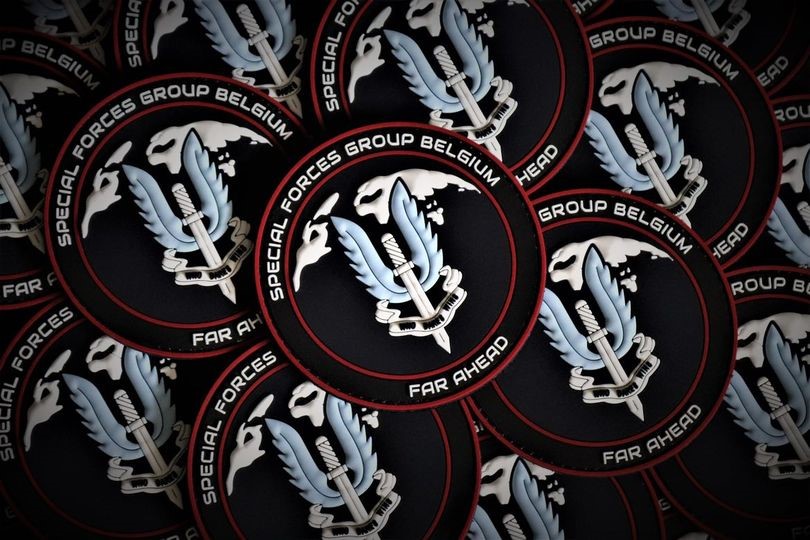DDC
The Deep Deveolpment Capability.
The Deep Development Capability.
Pourquoi le groupe des forces spéciales a-t-il une capacité de développement en « profondeur » ?
Le cœur du métier des forces d’opérations spéciales (SOF) s’inscrit dans un environnement complexe. L’environnement est souvent décrit comme VUCAT (Volatile – situations en évolution rapide, Incertain – de nombreuses inconnues, Complexe – de nombreux composants et interactions, Ambigu – de nombreuses interprétations des situations auxquelles nous sommes confrontés, Turbulent – absence de stabilité associée à des conflits, du désordre et de la confusion).
L’environnement complexe dans lequel nous évoluons est constitué d’une partie visible, et une autre partie du conflit est invisible. Les systèmes sont souvent impactés loin des champs de bataille – s’il y en a. Un exemple d’un tel environnement complexe pourrait être le Sahel. La région du Sahel est confrontée à des enjeux qui dépassent les frontières nationales. Les champs de bataille sont instables.
On ne sait pas toujours clairement qui sont les adversaires, quels sont leurs intérêts et où ils se trouvent. Les interactions des acteurs avec leur environnement et entre eux sont complexes. La manière dont les parties prenantes sont perçues est ambiguë; la différence entre crime et terrorisme est parfois floue.
Dans chaque mission, il est essentiel de comprendre un conflit en profondeur et d’être en mesure de prendre les bonnes décisions qui conduisent à des actions adéquates dans l’environnement spécifique. La solution est de comprendre en profondeur le domaine et la dynamique humaine.
L’environnement est par définition centré sur l’humain – les conflits concernent toujours les personnes. Les humains en sont à l’origine, ils sont les acteurs des conflits et les victimes de ceux-ci. Le domaine humain est donc toujours au cœur des écosystèmes conflictuels.
Cette compréhension nécessite non seulement une recherche documentaire, mais également un engagement direct avec les personnes de cet environnement humain, pour obtenir plus de connaissances. Cependant, il s’agit aussi et surtout d’atteindre des effets. Le domaine humain n’est pas seulement un sujet de nos recherches, c’est aussi un objet.
L’objectif final est de trouver des solutions réelles pour obtenir les effets souhaités sur la base d’une analyse solide.
Par conséquent, il ne s’agit pas seulement d’obtenir des informations, mais surtout de faire quelque chose avec ces informations, ce qui est la tâche principale de la capacité de développement en profondeur.
Les caractéristiques de la Deep Development Capability (DDC) sont les suivantes :
– La capacité est spécialisée dans l’analyse holistique de la dynamique humaine afin d’identifier les opportunités.
– La capacité doit être culturellement diversifiée (langue, sexe, origine sociale, âge) car la diversité dans une équipe conduit à une perspective plus large et donc à une efficacité accrue.
– La capacité doit être modulaire, pour permettre d’adapter la masse critique en fonction de la mission et de l’environnement.
La capacité de développement en profondeur devrait pouvoir travailler soit de manière intégrée au sein d’une équipe de forces spéciales, soit en tant qu’élément indépendant.
Ce que nous recherchons chez nos candidats, c’est une combinaison rare de qualités spécifiques. Il existe des critères objectifs évidents – présents avant le début du cours – tels que la forme physique, les compétences linguistiques, les connaissances générales et les compétences tactiques (autonomie).
Il existe également des critères subjectifs – révélateurs du potentiel – tels que l’esprit d’analyse, la créativité, la curiosité et les compétences socio-émotionnelles (aptitudes à l’empathie et à la communication par exemple).
Le parcours de formation commence par une semaine de sélection.
Il consiste en une série de tests physiques et cognitifs pour évaluer le potentiel des candidats. Les candidats commencent ensuite le cours de base SOF à Marche-les-Dames pour être badgés SOF enabler.
Cette partie de la formation dure 8 semaines et vise à ce que les candidats deviennent tactiquement et techniquement autonomes pour être intégrés dans une équipe SOF. Le membre du DDC n’a pas besoin d’être badgé para-commando.
Après la partie tactique de la formation, les candidats entament le cursus SOF Human Domain (HD) et la phase spécifique DDC du track – environ 16 semaines de cursus suivies d’un déploiement opérationnel assisté (sur le tas) de 4 à 6 semaines.
En fonction de leur profil et de leurs qualités, les membres du DDC sont encouragés à développer davantage leurs compétences après la fin officielle du parcours de formation. Par exemple, certains sont formés et certifiés comme négociateurs de crise/prise d’otages, tandis que d’autres sont plus spécialisés dans les opérations à faible visibilité en milieu urbain.
Le DDC est une capacité relativement nouvelle – la première itération du cours a eu lieu en 2020. La capacité est toujours en développement – mais depuis le début, elle participe activement à la formation et aux missions. Tous les membres de la capacité ont été déployés dans des opérations planifiées et imprévues. Les principales missions et tâches, tant dans le pays qu’à l’étranger, sont décrites ci-dessous.
La façon dont nous déployons SOF dans un environnement VUCAT dans un contexte MA présente des similitudes avec la façon de déployer un petit élément SOF pour la détection pré-conflit. En fait, la détection pré-conflit pourrait également être décrite séparément et « à gauche » du spectre des SOF, car il pourrait s’agir de la manière choisie d’identifier les opportunités et de présenter des options aux SOF sur le « comment » et le « quoi ».
La mission principale serait de cartographier tous les segments pertinents du HD, de concevoir et de maintenir un réseau de parties prenantes, d’enquêter sur les parties prenantes ou les groupes sociaux d’influence et d’analyser les variables contextuelles de l’environnement afin de faciliter et/ou d’exécuter les engagements pour effet.
Plus qu’une simple capacité supplémentaire dans le contexte plus large de la SR, la DDC est un catalyseur essentiel si le groupe des forces spéciales souhaite maîtriser la SR dans un environnement urbain ou sur les théâtres et contextes d’aujourd’hui et de demain. DDC et ses membres féminins peuvent être plus qu’un simple outil ad hoc. La formation et l’éducation que les membres du DDC ont reçues leur permettent d’analyser en profondeur les systèmes humains et les groupes sociaux. Ce serait la vraie valeur ajoutée, en plus de l’utilité tactique des femmes en mode basse visibilité, lorsqu’elles ont l’ambition de naviguer dans des environnements complexes sans être vues ou détectées. Afin de naviguer dans des environnements humains aussi complexes de manière subtile, ces environnements doivent être compris et cette compréhension nécessite une «plongée profonde» substantielle.
Les membres du DDC sont éduqués et formés aux négociations dans un large éventail allant des négociations dans des environnements permissifs aux négociations tactiques à haut risque, et tout cela en engageant des parties prenantes au niveau tactique, opérationnel et potentiellement stratégique.

